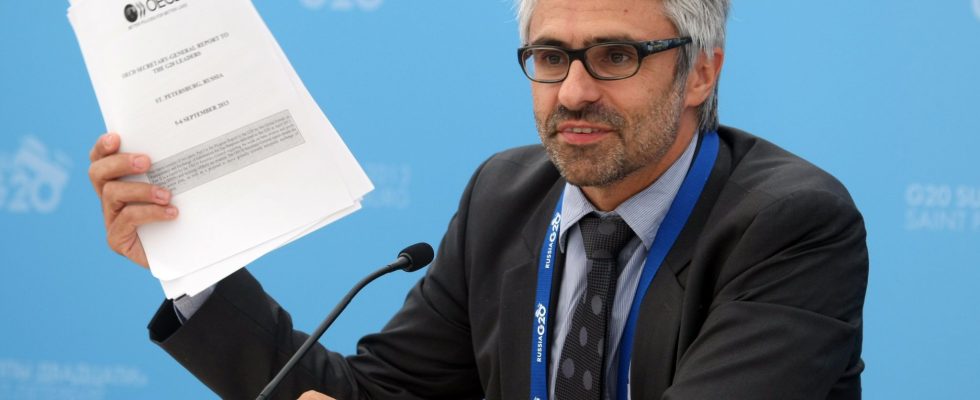With Tax heavens. How we changed the course of history, Pascal Saint-Amans gives us the story of his time within the OECD, the Organization for Economic Cooperation and Development. This experience was built around the establishment of international corporate taxation in order to eliminate what are commonly called “tax havens”. A trained enarch, Pascal Saint-Amans began his career in Bercy, where he dealt with tax legislation. In February 2012, he joined the OECD as director of the Center for Tax Policy and Administration. From the outset, he set himself the objective of bringing to fruition what would become in the official meetings the BEPS project, for Base Erosion and Profit Shifting; in French, this can be translated as “base erosion and profit shifting”.
Concretely, the aim was to ensure that multinational companies could not avoid taxes by registering or accounting for their profits in countries with lower taxes. The idea was to make them pay a tax of at least 15% of their profits. The author details in detail the exchanges which led to 140 countries agreeing to thwart the most widespread strategies of tax avoidance or even optimization.
Let’s say it right away, his text is fascinating. Written in a pleasant style, he combines anecdotes, some of which can even have a comic aspect, with reasoned considerations on the economic issues of his action. However, one cannot help but feel a certain uneasiness when reading this book. Indeed, at no time does the author seem to question the relevance of what he is doing. He seems not to care about the fact that he, who is an unelected senior civil servant, is trying to twist the arm of politicians normally invested with democratic legitimacy. He considers that taxes are, in themselves, a good thing. He prides himself on having shaken the reluctance of the Finance Ministers of certain African countries who regularly told him that reducing taxes strengthens the attractiveness of their countries lacking capital, financing and investments from the most technologically advanced countries. .
Pascal Saint-Amans says that when he took up his position at the OECD he brought his team together in Ermenonville, a stone’s throw from the last residence of Jean-Jacques Rousseau and his first tomb. He therefore places his approach under the patronage of the great thinker, having obviously forgotten that he regularly reminded us that the words “imposters” and “taxes” have the same origin…
Tax heavens. How we changed the course of history
By Pascal Saint-Amans. Le Seuil, 315 p., €22.
Rating 4/5
